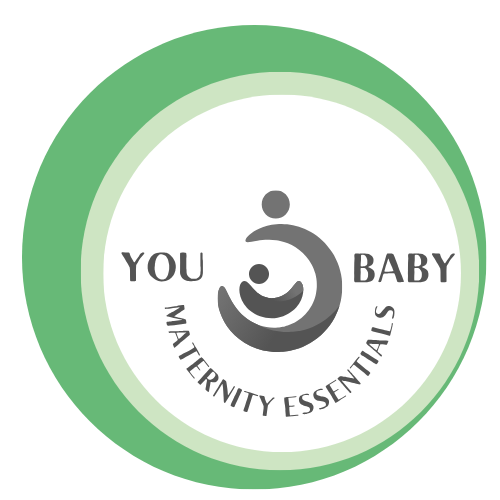
It is recommended that babies are exclusively breastfed for the first six months of life to support their growth and development to full potential. This advice follows research and is endorsed by The World Health Organisation (WHO) and New Zealand Ministry of Health.
Whilst breastfeeding is difficult for some mothers, and others choose not to breastfeed, this blog acknowledges World breastfeeding week 1-7 August 2023. This year the the title is 'Enabling Breastfeeding making a difference for working parents.'
Employer Support
Returning to work is not an easy decision when you are breastfeeding. In New Zealand the law states employers are to support any employee who is breastfeeding. Your employer must allow unpaid breaks for you to breastfeed your baby or to express milk at work and must provide facilities to do this. See more details here, and here.
Once you have planned your return date, talk to your employer about Breastfeeding.
Advise your employer that to breastfeed your baby you’ll need:
- Clean, quiet, warm, and private room or space
- Low, comfortable chair.
Explain that to express breast milk you may also need a:
- Private room with a door that can be locked (if possible) – you can put a ‘busy’ sign on the door if the room can’t be locked.
- Facilities to wash hands and equipment.
- Fridge or a chilly bin with icepacks for storing breast milk.
- Table.
- Power point for electric breast pump.
- Clean place to store pumping equipment.
How much milk does my baby need?
Research shows that from one to six months, breastfed babies take in an average of 750 – 800mls per day (intake doesn’t increase with age or size). This is a guide only, and will vary, but a typical range of breast milk intake is from about 570 mls to 900 mls a day.
To estimate how much milk your baby will need each feed, estimate how many feeds your baby has in 24 hours then divide 800 mls by that number. For instance, if your baby has 6 feeds a day, you will make up feeds of 150 mls.
It is a good idea to leave small amounts for your caregiver so they can offer it to your baby as a top-up if he/she is thirsty or at the end of the day, before you get home. That way they will not waste a whole bottle of your 'liquid gold.'
Pumping prep’
It is a good idea to start pumping at least 2-3 weeks before starting work to stimulate supply. You can store extra breast milk in the freezer, so you are confident you have extra stores, just in case there are days where your supply is low, or you don’t have the opportunity to pump.
Choose a time of day that suits you to express when you are most full. For some mothers this can be first thing in the morning or possibly later at night. You will learn this in time.
When you are at work you will need to pump during your breaks, ensuring you are pumping just as much as baby feeds. For an 8-hour day you may need to pump up to 3 times. Pumping sessions can take 10 -20 mins. This will keep up your milk supply to match baby’s needs. If you use a double pump, you will get more milk in less time, so this may enable you to pump only twice. It all depends how old your baby is, how much milk your baby takes, how much you have and how often your baby feeds.

Let down aids for at work
Your breasts ‘let down’ your milk when feeding your baby and when pumping. Take a photo of your baby to work to look at while you pump or a piece of his/her clothing to smell and remind you of them. These triggers can help initiate a let down and get your milk flowing. Choose a private, comfortable room so you can relax as you express, as an anxious state can affect your let down.
Breastfeeding once at home, and on your days off, will help maintain a good milk supply.
You and Baby sell breast feeding equipment from reputable companies who support Breastfeeding.

Disclaimer: The information provided herein is the author’s opinion and provided for entertainment purposes only. While You and Baby Limited strives to make the information on this website as timely and accurate as possible, You and baby Limited makes no claims, promises, or guarantees about the accuracy, completeness, or adequacy of the contents of this site, and expressly disclaims liability for errors and omissions in the contents of this site. You and Baby Limited are not providing medical advice and encourage readers to seek professional maternity or medical assistance.
